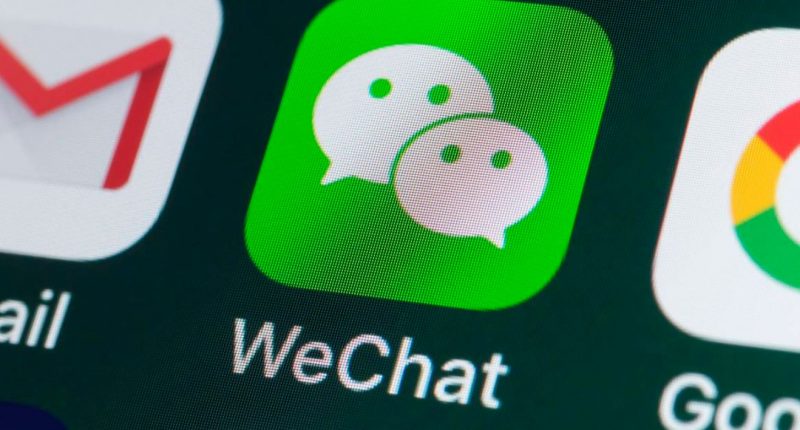U.S. Magistrate judge, Laurel Beeler, rejected a Justice Department request on Friday, which seeked to overturn a decision that allowed the Tencent backed app WeChat to stay on App Stores in the country. For now, WeChat (much like TikTok) will be available on Google’s Play Store and Apple’s App Store, for U.S. users.
The U.S Justice Department argues that the Chinese app, WeChat, is a national security threat just like ByteDance’s TikTok, but judge Beeler is not convinced. She said that the new evidence provided by the government did not change her opinion about the app. The Justice Department has appealed Beeler’s decision to allow the app on U.S app stores to the Ninth Circuit U.S Court of Appeals.
WeChat is a Chinese app developed by Tencent, serving multiple purposes app, including messaging, social-media and mobile payments. It has over a billion monthly active users. The app has been widely adopted in its home country, and remains popular among Chinese students studying in U.S.
In China, WeChat goes by the name ‘Weixin’ and according to Tencent, it differs in its functionality to a certain degree. This allows the company to create country specific features, by having two separate versions: international (WeChat) and China-only (Weixin). It is similar to how ByteDance’s international app TikTok has a China-specific version which operates under the name ‘Douyin’.
The government’s attempt to ban WeChat initially began with US President Trump’s executive order, which sought to ban ByteDance’s TikTok and Tencent’s WeChat. The ban was put on hold by Laurel Beeler after WeChat users filed a lawsuit, which prevented the ban on WeChat from taking effect on 20th Sept.
WeChat users have argued that the government is seeking to ban their entire medium of communication, and that it is basing this decision only on speculations. Beeler had said that the users “have shown serious questions going to the merits of the First Amendment claim, the balance of hardships tips in the plaintiffs’ favor.”
The Chinese app was banned in India on 2nd Sep, along with 118 other Chinese apps like TikTok and Tencent’s PUBG, over user-privacy and national security concerns. Chinese apps and companies such as Huawei have faced several challenges and even outright backlash in the recent times. The push-back has been mainly centered around concerns of national-security due to the alleged involvement of the Chinese Communist Party.
